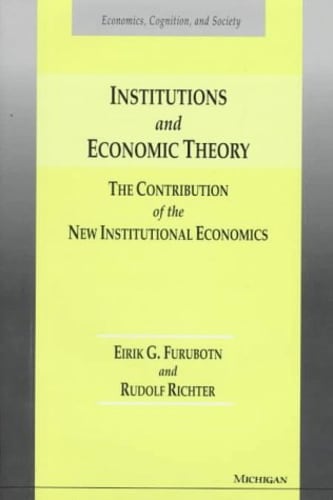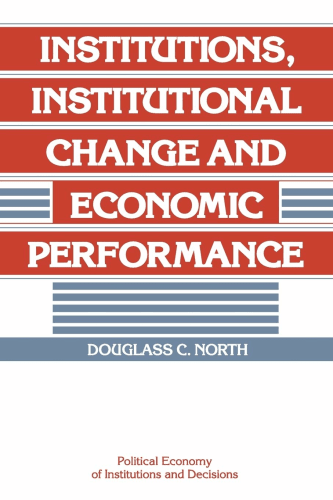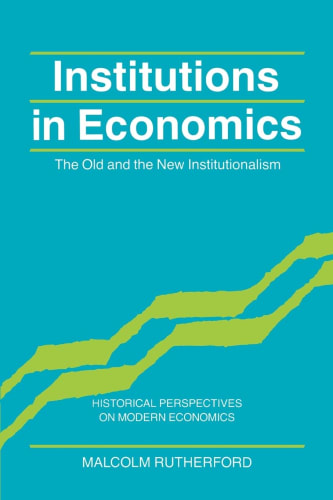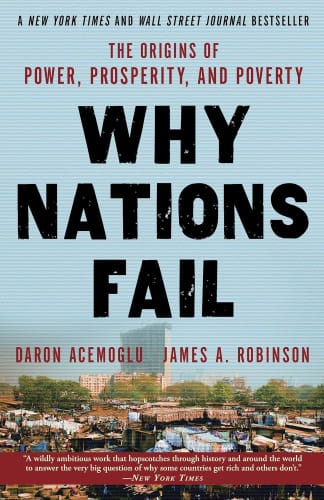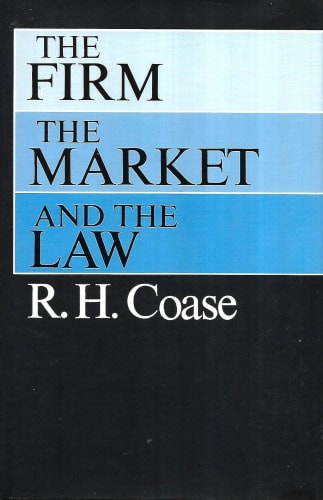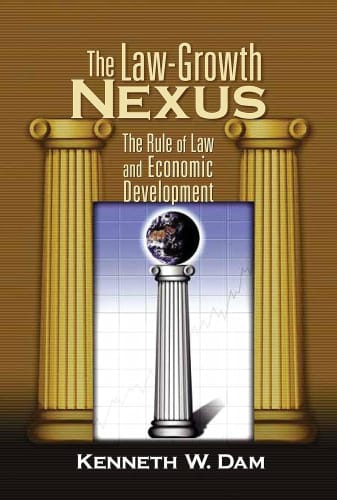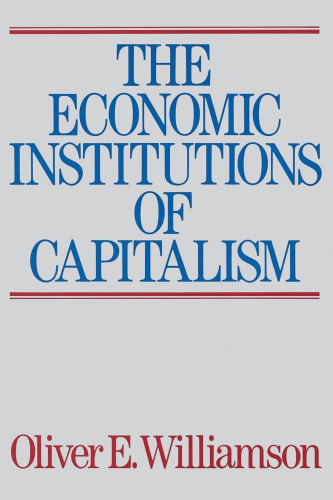
What is institutional economics?
Institutional economics can be defined as the study of those institutions that play an important part in the economy. They include firms, families, banks, legal systems, state administrations, and other institutions. It is widely argued that institutions can have major effects, for good or ill, on economic growth, human welfare, and development. All economic problems require some kind of institutional solution. Institutional analysis is a broad and varied field. The original American institutionalism of Thorstein Veblen, John R. Commons and others, in the first half of the twentieth century, was followed by the new institutional economics, with Ronald Coase, Douglass North, Eleanor Ostrom and Oliver Williamson becoming Nobel Laureates for their work in the area. This list provides an overview of different topics and approaches.
Read more...
Read less...
